
This week’s featured graphic shows the roles within the fighter jet inventories of Germany, France and Spain. For more on current developments of European fighter programs, read Amos Dossi and Niklas Masuhr’s CSS Analysis in Security Policy here.

This week’s featured graphic shows the roles within the fighter jet inventories of Germany, France and Spain. For more on current developments of European fighter programs, read Amos Dossi and Niklas Masuhr’s CSS Analysis in Security Policy here.
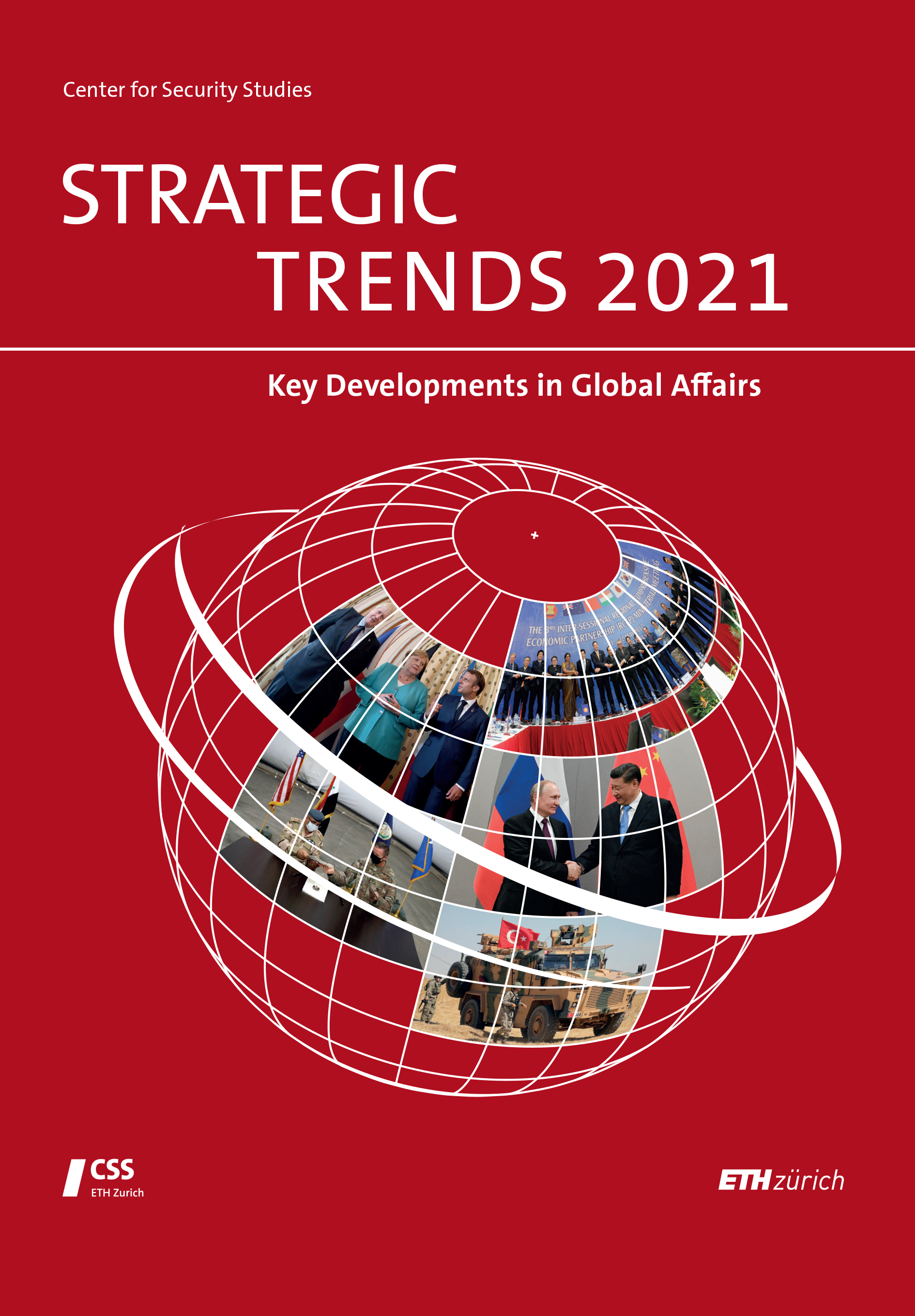
Strategic Trends 2021 offers a concise analysis of major developments in world affairs, with a focus on international security. It features chapters on China-Russia relations and transatlantic security, Franco-German-British security cooperation after Brexit, Turkey’s power projection in the Middle East and beyond, Europe and major-power shifts in the Middle East, and Japanese and South Korean perspectives on changing power configurations in Asia.
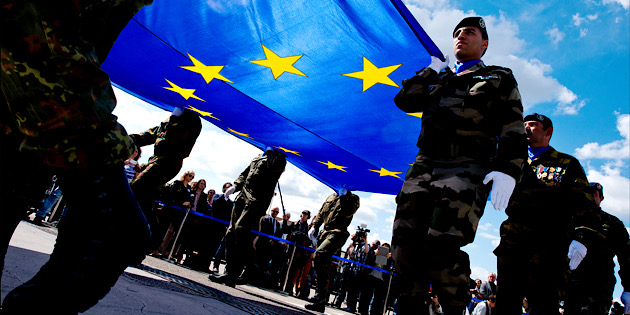
This article was originally published by the IPI Global Observatory on 4 March 2020.
President Emmanuel Macron of France laid out a bold vision for Europe during the Munich Security Conference (MSC) last month. “We need a European strategy that allows us to present ourselves as a strategic power. The Europe I have in mind is a Europe that is sovereign, united, and democratic,” he said. Macron has increasingly invoked this vision as an answer to the prevailing perception in Europe that the United States is beginning to withdraw from the international stage, leaving a void that is slowly being filled by China and Russia.
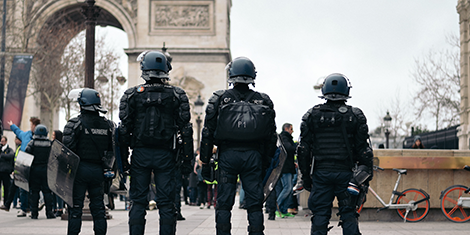
This article was originally published by Political Violence @ a Glance on 14 October 2019.
Terrorism does more than kill people and spread fear. We already knew that terrorism damages economies and weakens human rights; now we also know that it boosts military involvement in politics. This occurs because, in protracted struggles against terrorism, military actors may exploit their informational advantage over civilian authorities to “push” their way into politics and policymaking; or the military may be “pulled” into politics by decision makers.
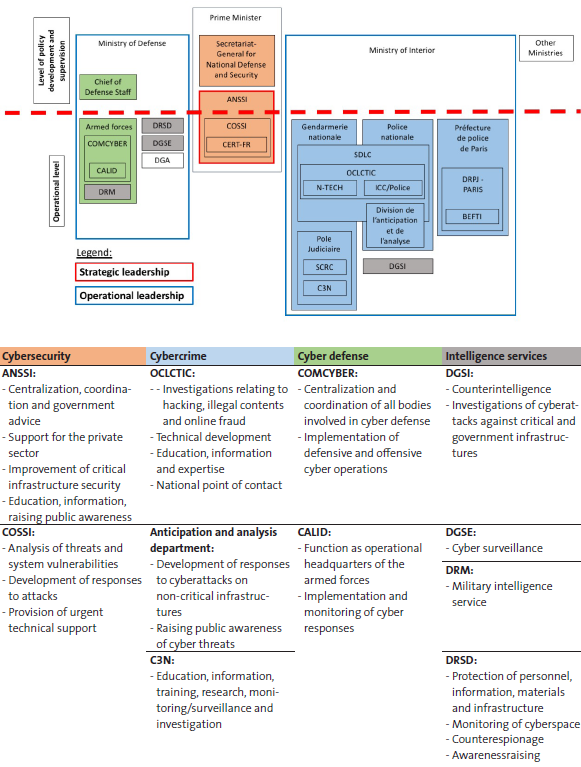
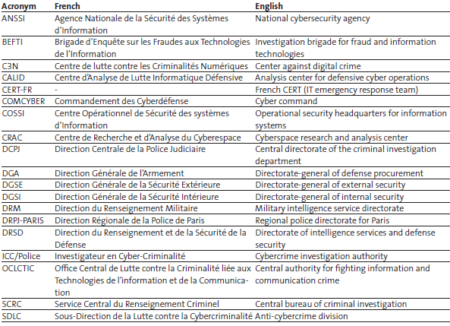
This week’s featured graphics outline how cybersecurity responsibilities are shared among governmental organizations in France. For more information on national cybersecurity strategies and cybersecurity challenges in France, as well as in Finland, Germany, Israel, Italy, the Netherlands and Switzerland, read Marie Baezner and Sean Cordey’s CSS cyber defense report here.